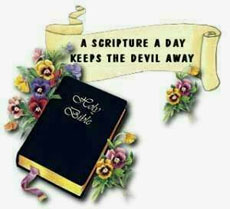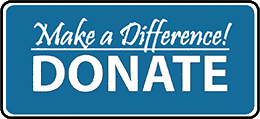Section 1: Religion in Public Life
Religion in Politics The public is now evenly divided on the question of whether churches and other houses of worship should express their views on day-to-day social and political questions: 49% say they should do this, while 48% say churches and other houses of worship should keep out of political matters. During the last midterm […]
Section 2: The Religious Landscape of the 2014 Elections
The partisan preferences of religious groups have remained relatively stable in recent years. Majorities of black Protestants and the religiously unaffiliated continue to identify with or lean toward the Democratic Party, and say they would vote for the Democratic congressional candidate in their district this fall. At the other end of the spectrum, white evangelical […]
Public Sees Religion’s Influence Waning
Nearly three-quarters of Americans now think religion is losing influence in American life, and most who say this also see it as a bad thing. Perhaps as a consequence, a growing share of the public wants religion to play a role in U.S. politics.
A Portrait of Jewish Americans
American Jews overwhelmingly say they are proud to be Jewish and have a strong sense of belonging to the Jewish people, but their identity is also changing: 22% of American Jews now say they have no religion.
Chapter 1: Population Estimates
The size of the U.S. Jewish population has been a matter of lively debate among academic experts for more than a decade. Because the Pew Research survey involves a representative sample of Jews, rather than a census of all American Jews, it cannot definitively answer the question. However, data from the survey can be used […]




